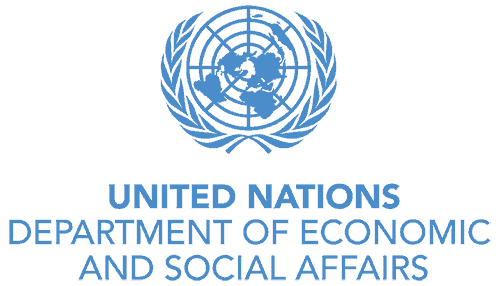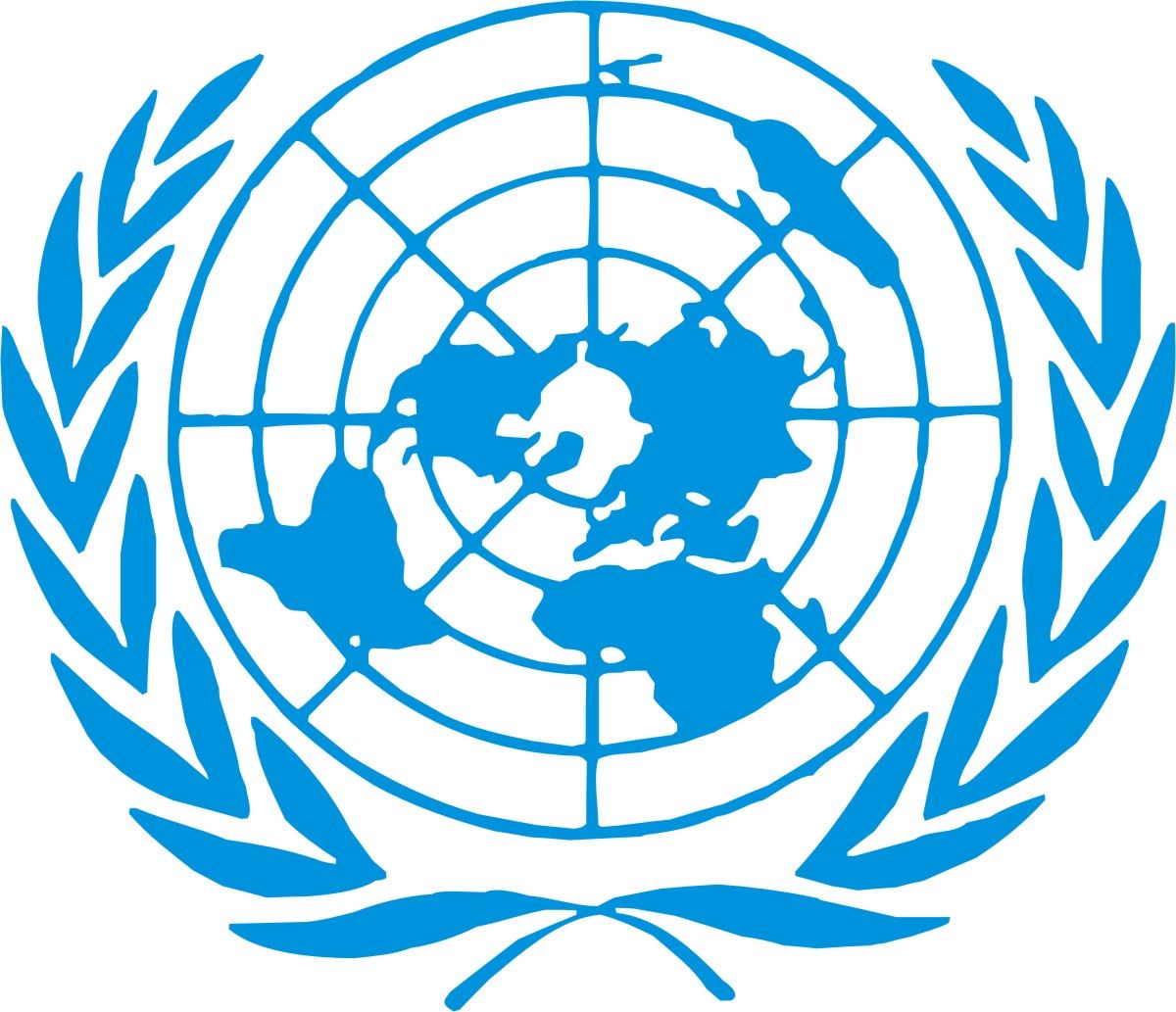Location
The United Nations Economic and Social Council (ECOSOC; French: Conseil économique et social des Nations unies, CESNU) is one of the six principal organs of the United Nations, responsible for coordinating the economic and social fields of the organisation, specifically in regards to the 15 specialised agencies, the eight functional commissions and the five regional commissions under its jurisdiction.
The Council serves as the central forum for discussing international economic and social issues and formulating policy recommendations addressed to member states and the United Nations system. A number of non-governmental organisations have been granted consultative status to the Council to participate in the work of the United Nations.
Members:
Resources
Displaying 211 - 215 of 224Problèmes de la stabilisation des cours des produits Africoles: (communication du gouvernement de la Côte-d'Ivoire)
Pays d'Afrique tropicale, la Côte d’Ivoire est à vocation essentiellement agricole, et malgré l'essor de sa jeune industrie, son économie externe est encore basée sur l’exportation des grands produits tropicaux: café - cacao - banane - bois - palmistes qui représentent en valeur 94% de son commerce.
Tanganyika commodity marketing and price stabilization
The major agricultural products of Tanganyika are subject to a degree of control under the various commodity boards established for that purpose. The degree of control varies from direct participation in marketing in the case of cotton lint and' seed, to the control of production and intermediary arrangements for marketing in the case of pyrethrum and purely advisory capacity in the case of sisal. The general trend of Government policy is towards more direct participation.
Agricultural commodity stabilization in Niger
This paper was submitted in response to a note by the Executive Secretary inviting participating governments to contribute papers on the topics included in the provisional agenda. In Niger stabilization measures are applied to two agricultural commodities, cotton and groundnuts.
La stabilisation des produits agricoles en Ouganda
La présents communication a pour objet d'exposer et d'apprécier dans
leurs grandes lignes les politiques et mesures appliquées en Ouganda pour stabiliser les produits agricoles.
Palm kernels and palm oil : recent world market trends in relation to stabilization problems and policies
Africa produces roughly four-fifths of world' oil palm products and contributes a similar proportion to world exports. The oil palm (Elaois guinoonsis) is thought to be native to West Africa, where it is mainly exploited by small producers. Estate planting is mostly confined to the Congo (Leopoldville), where plantations under European management wore first established around 50 years ago and at present produce about one-third of the Congolese palm oil.



